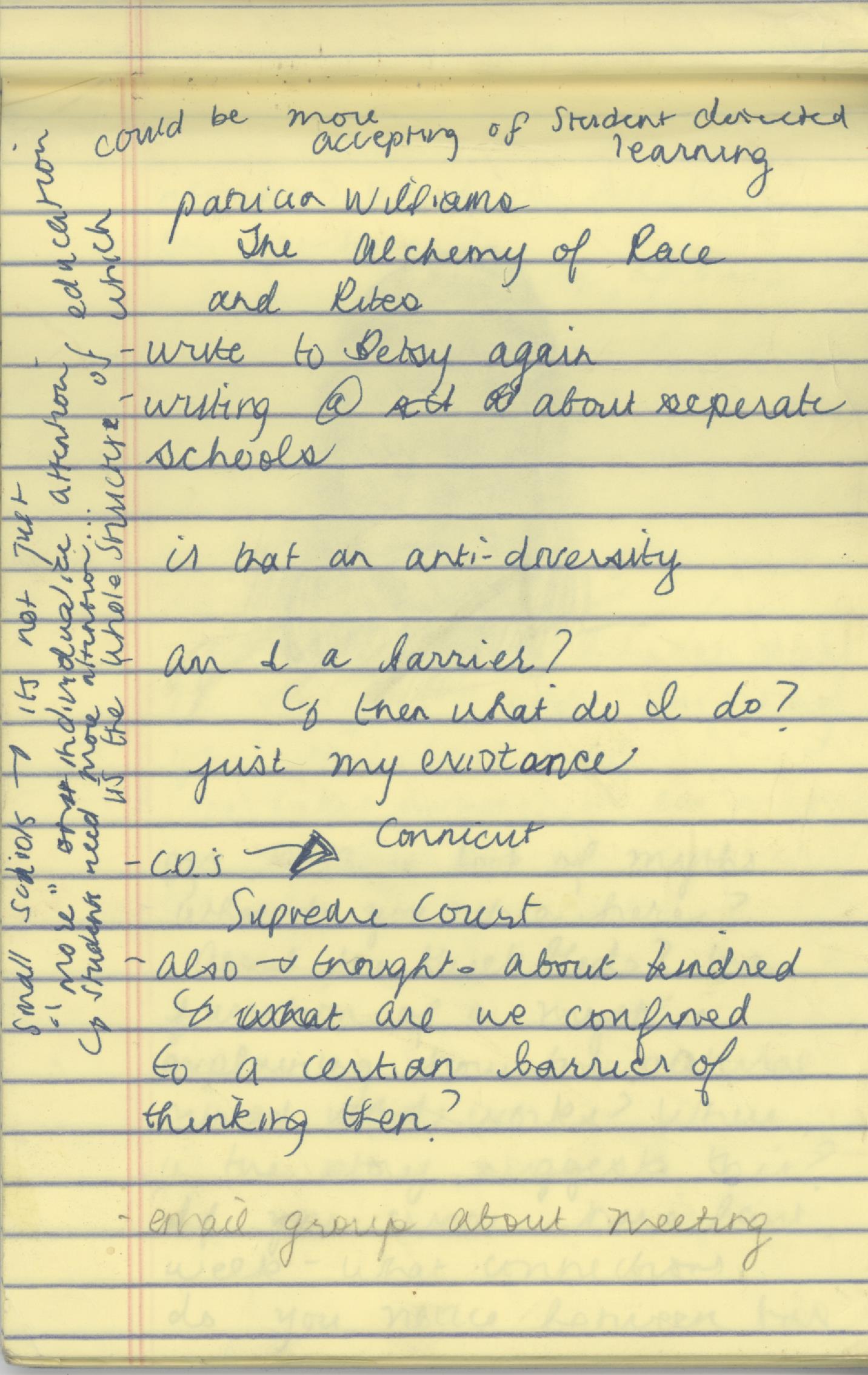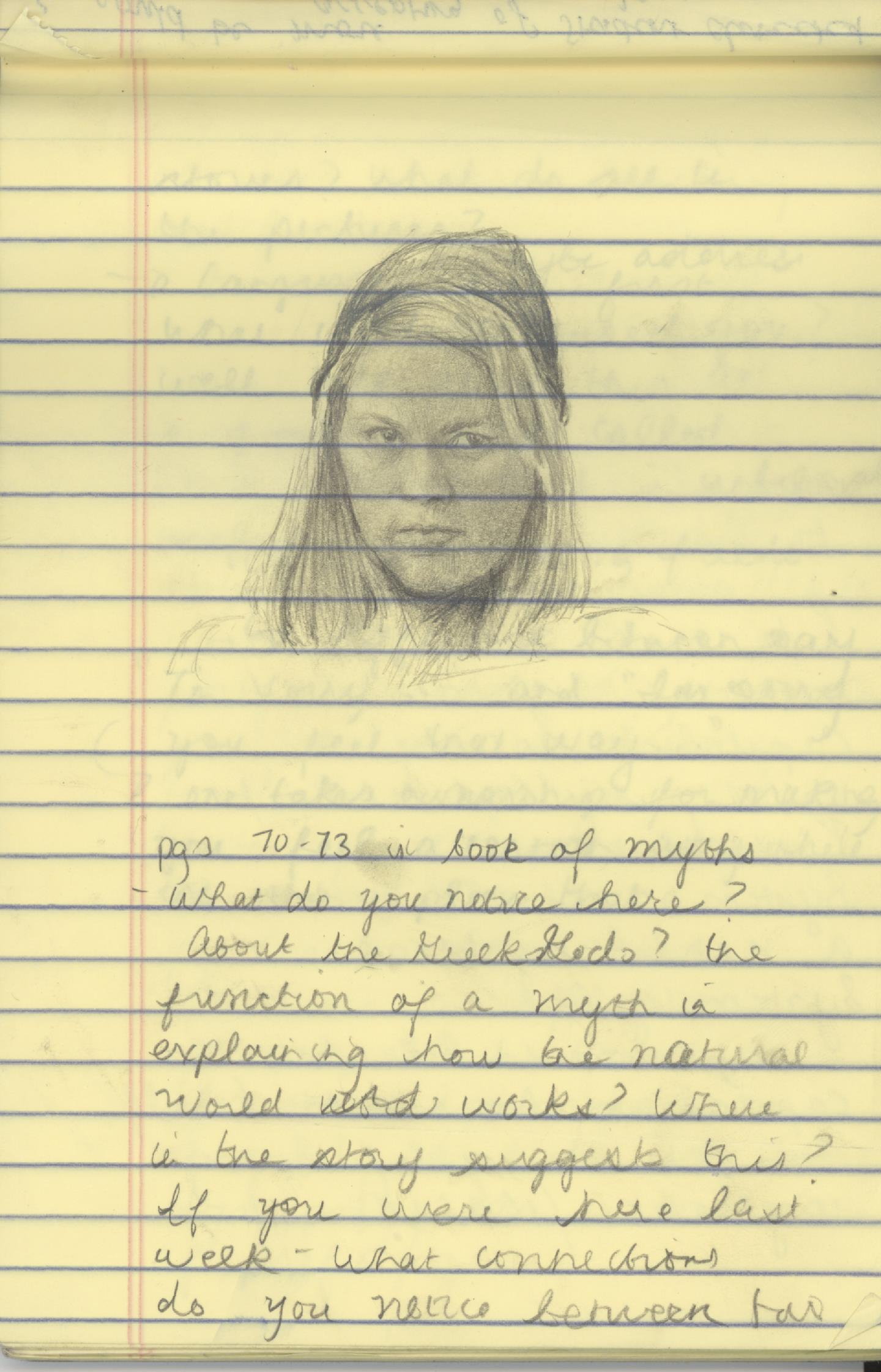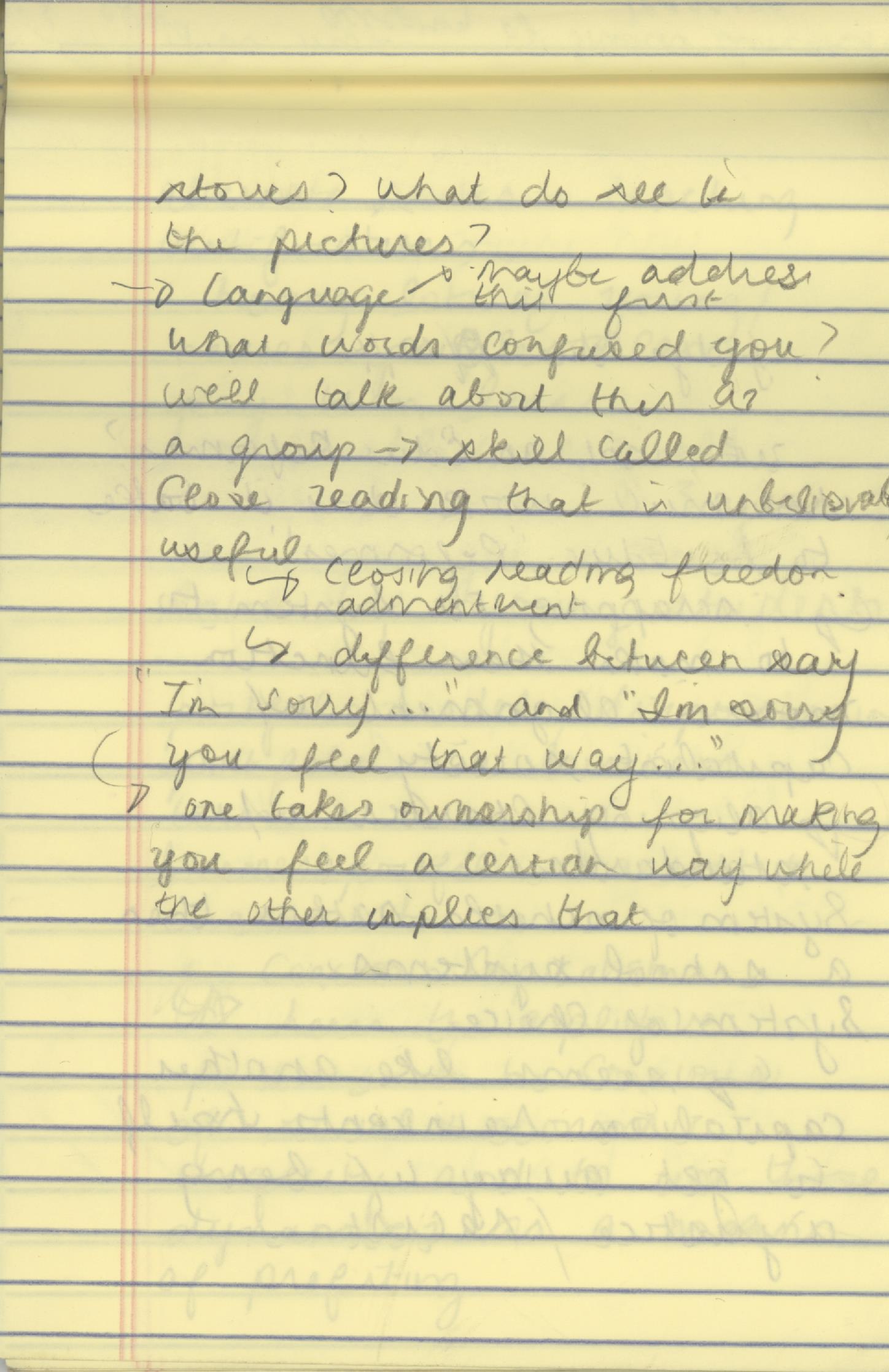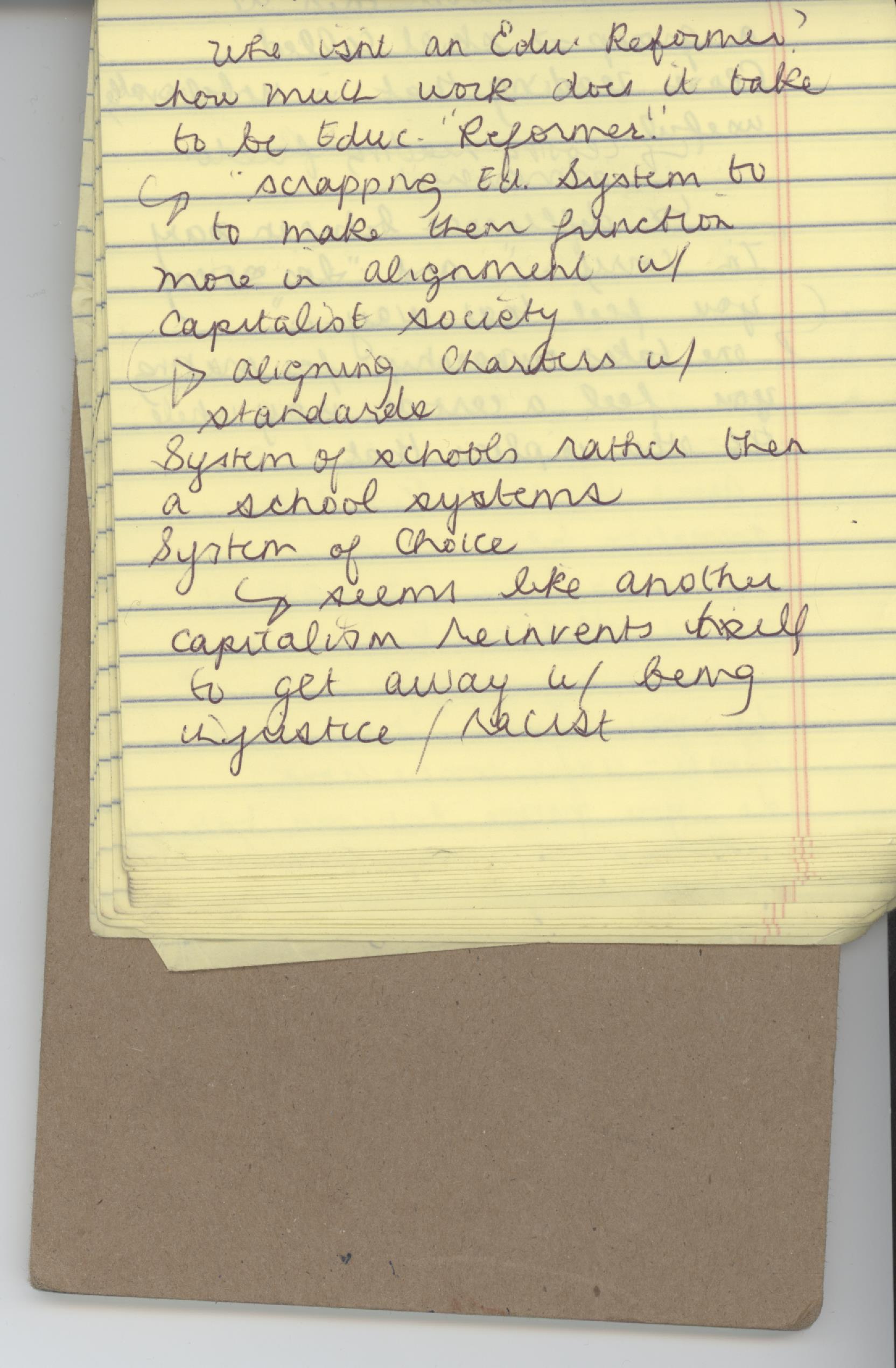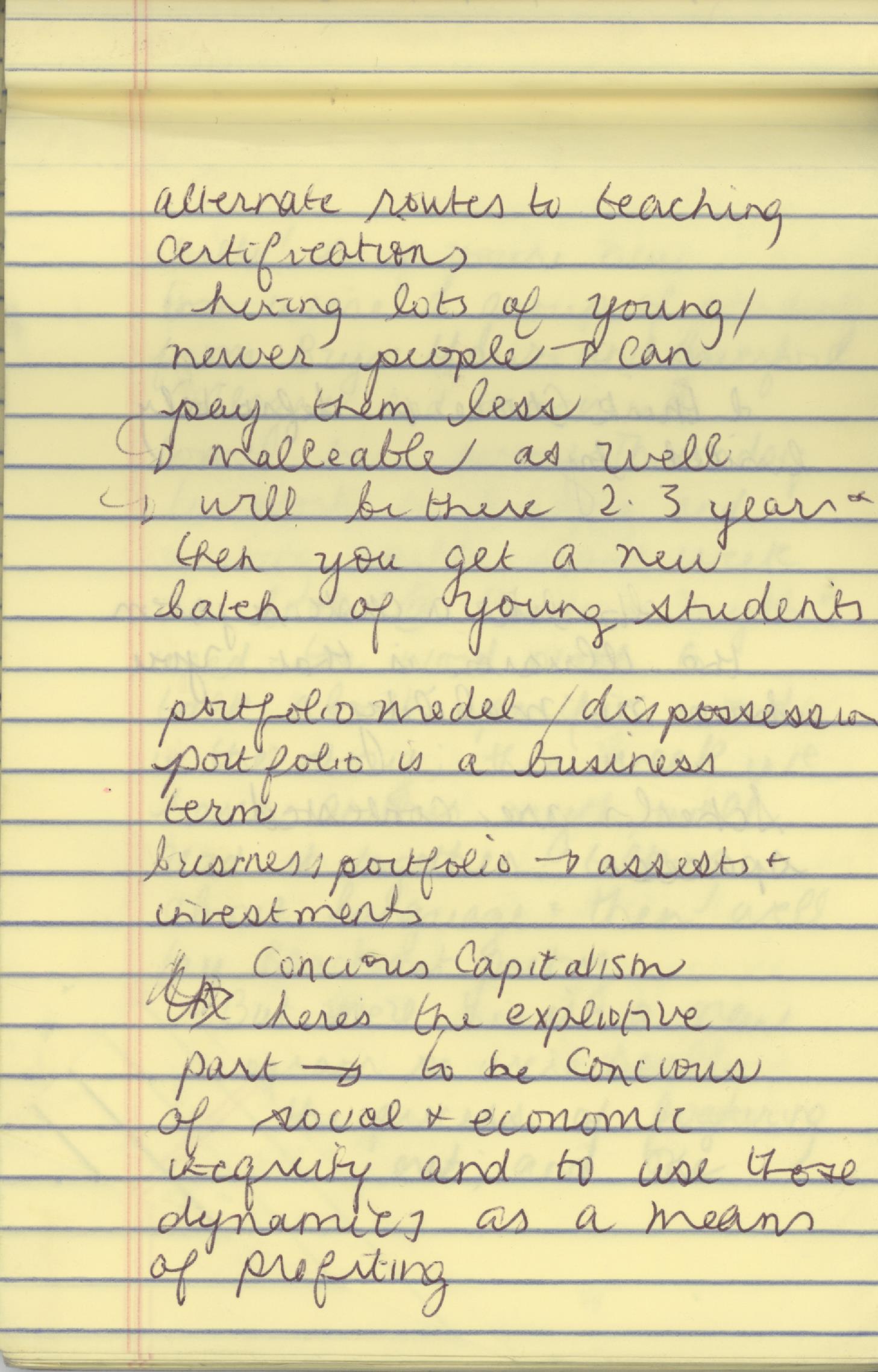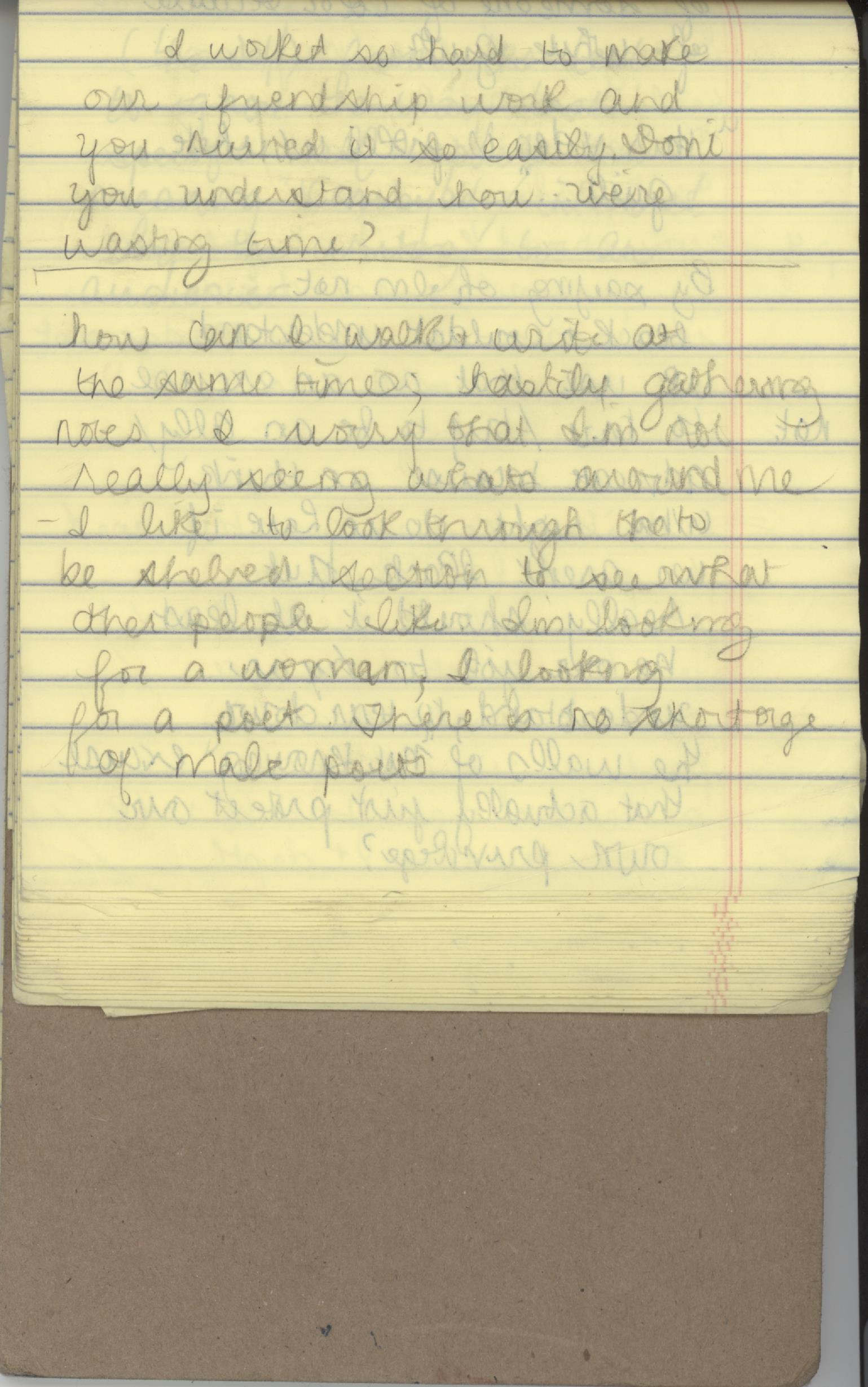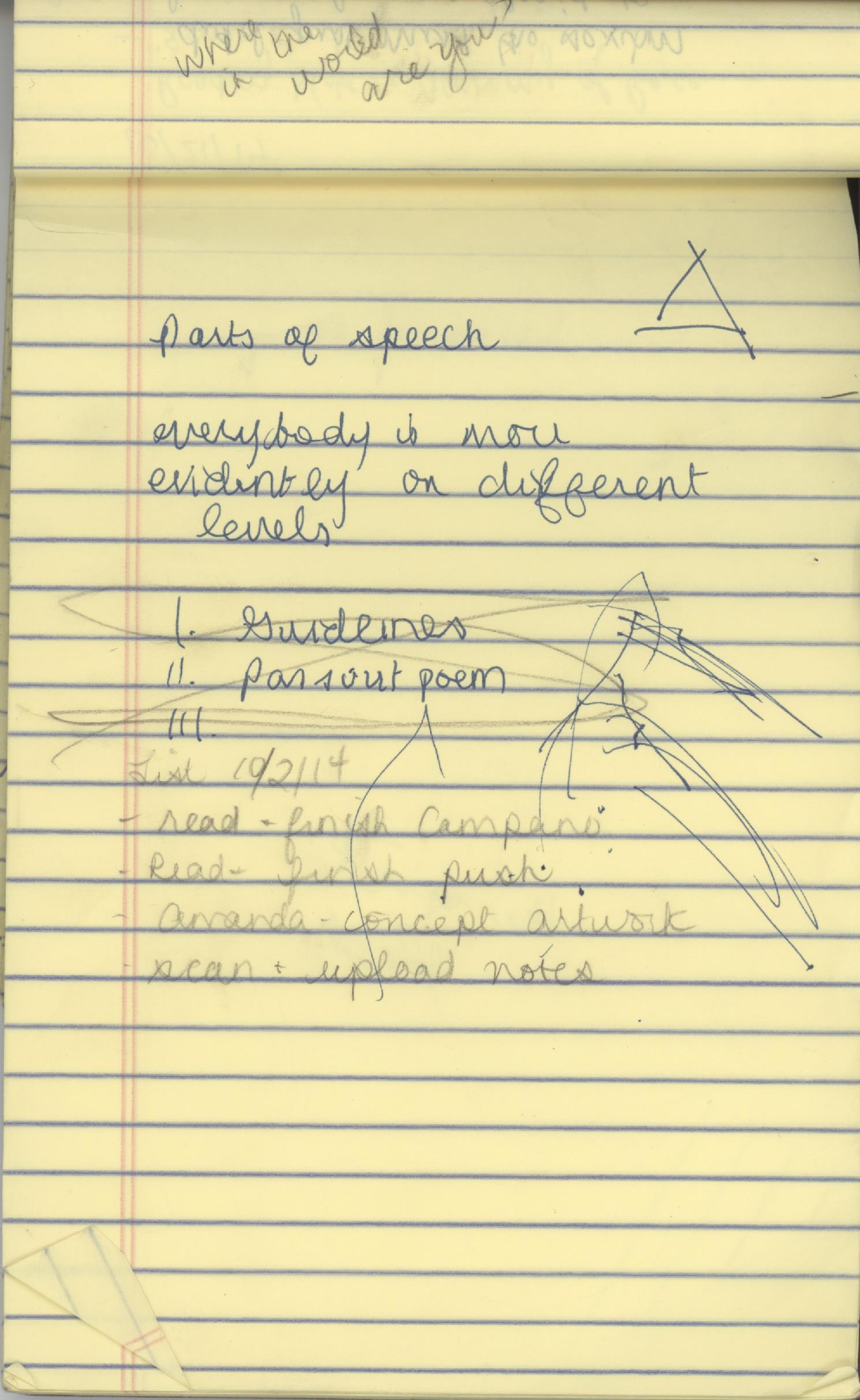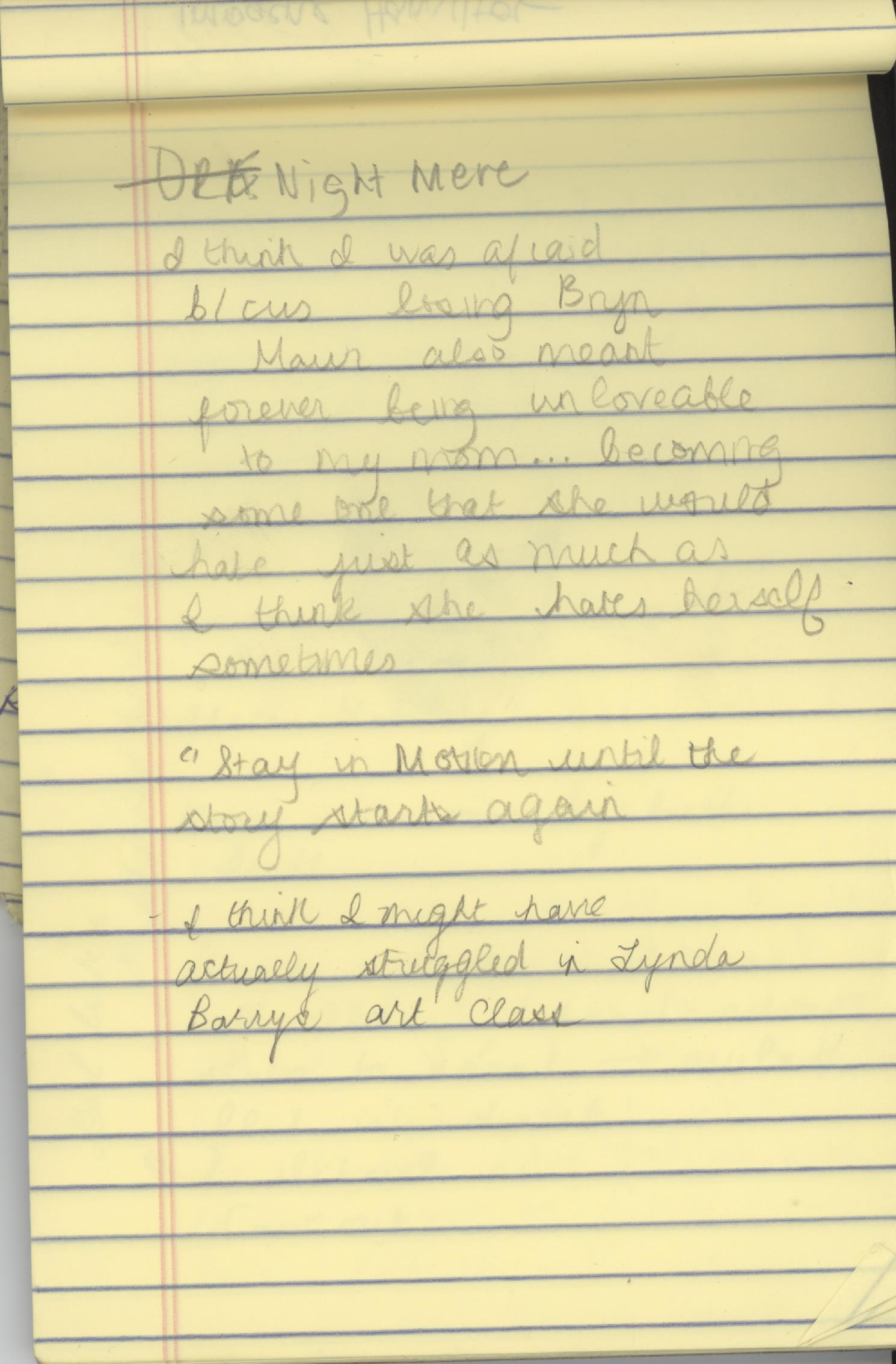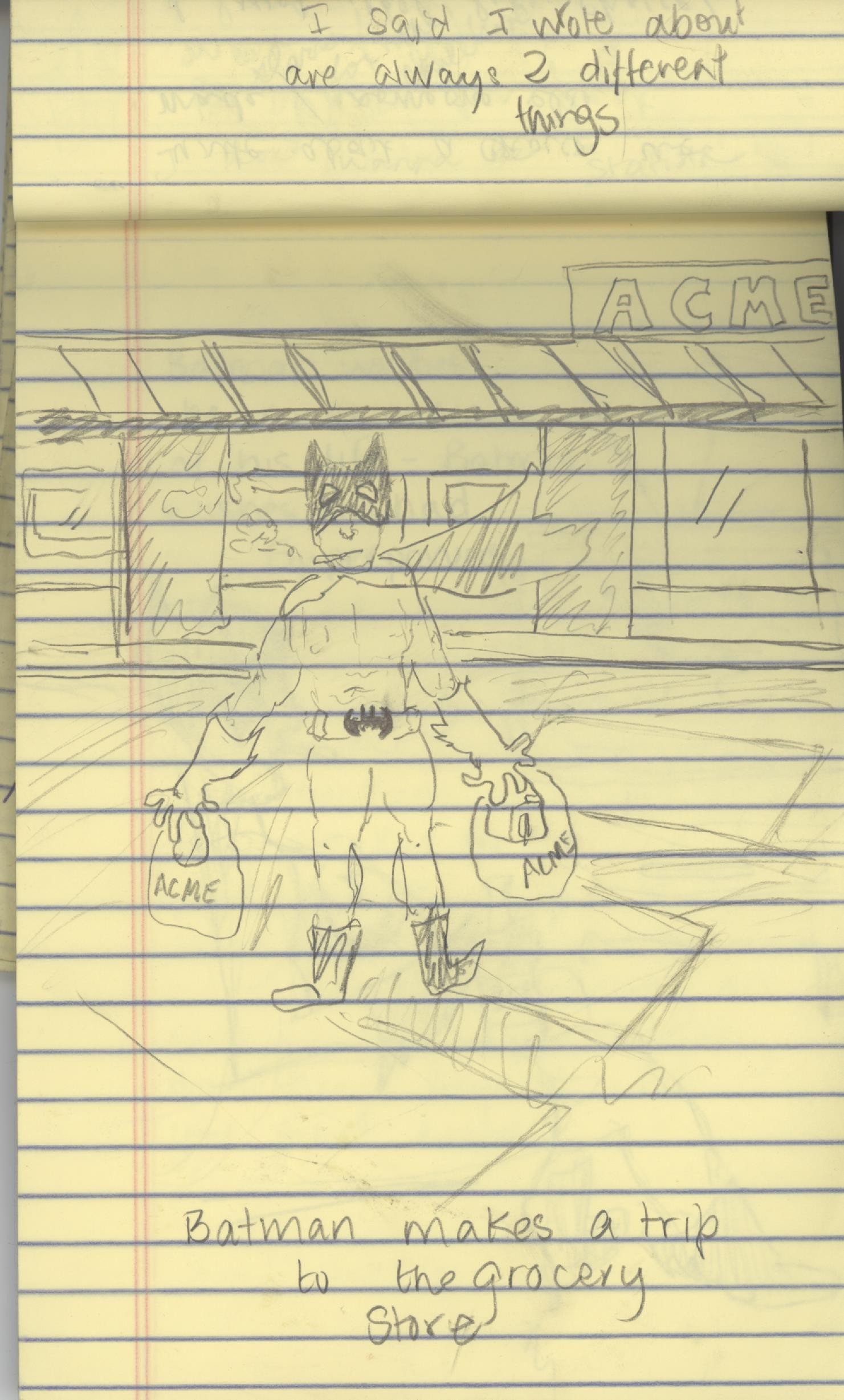Ideas and Questions
By wwu2December 3, 2014 - 17:01

Three Main Ideas:
Serendip is an independent site partnering with faculty at multiple colleges and universities around the world. Happy exploring!

Three Main Ideas:

1. Latour proposes that the greatest change to the planet has already occurred.
2. People do not have the mental or emotional capacity to handle the vastness and complex problems that climate change presents.
3. People are supposed to feel responsible for taking action and at least trying to slow down the effects of climate change, but this issue is unlike anyone has every confronted before. People can not look back and see how previous generations took action, because the level of destruction and death has never been as great as what scientists show today.

1. The earth is and always has been changing.
2. Humans are causing the earth to change more rapidly.
3. The relationship between humans and the Earth needs to be changed.
Question
--I like the idea of the nonautonomous subject. I'm wondering what exactly Latour thinks we should do to be better subjects to the earth or if we can't actually do much at all.

I find it quite interesting that the piece begins with what would seem much more lika an ending. Latour opens with such drastic details as to truely awaken the reader to the situation we have created for the world we all take part in inhabiting. I really find it inticing that Latour objects to our objective ability to observe and study the world. This notion is greatly related too our arguements of whether or not we can ever really distinguish ourselves from the environment. We say that our experiences are a part of us because they make us who we are. The environment plays a large role in our development and identity, so why do we even try to say that it is an external entity?

main ideas that are interesting:
1. animate and deanimation
2. the concept of Gaia. "the revenge of Gaia". "another sovereign"
3. shift from human history (frozen) to natural history (frenetic pace).
question:
materialism---rationalism . Is materialism rationalism? Is this just humans' sovereignty?
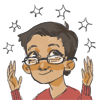
3 main ideas:

The main points
Question

3 Main Points:
1. Understand the active role of human agency
2. Relationship between humans and the Earth by exploring the concept of Human Action.
3. The idea of Gaia.

Also of interest to us, I think, is this piece by Adaobi Tricia Nwaubani, which appeared in last week's Sunday Times: African Books for Western Eyes. It intersects (among other things) with the critique of Persepolis by Nancy K. Miller that I shared with y'all a few weeks ago. In "The Entangled Self: Genre Bondage in the Age of the Memoir," PMLA 122, 2 (2008): 537-548, Miller observes that "Memoirs from sites of danger provide a safe space for readers to ponder the nightmare of contemporary global relations, even as the pages display the extreme difficulty of living in times of traumatic history.

